What model reader did I want as I was writing? An accomplice, to be sure, one who would play my game
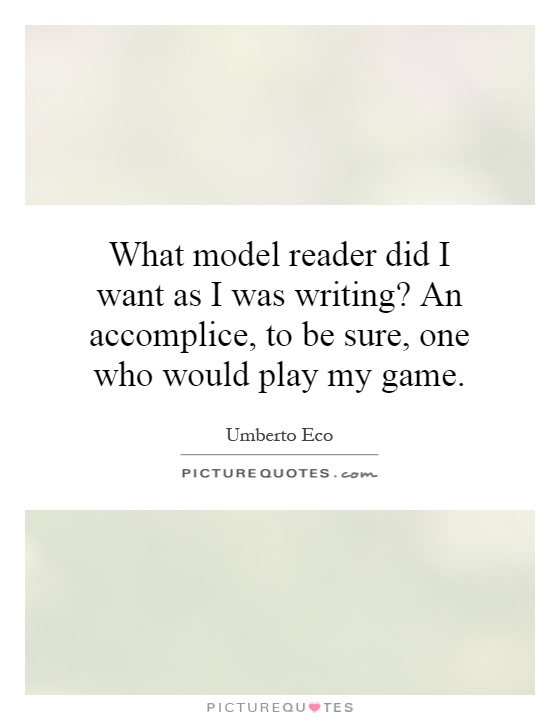
What model reader did I want as I was writing? An accomplice, to be sure, one who would play my game
Umberto Eco, the renowned Italian novelist and semiotician, was known for his complex and intricate writing style that often challenged readers to think critically and engage with his texts on a deeper level. In his essay "The Role of the Reader," Eco discusses the concept of the "model reader" and how authors should consider their audience when crafting their works.When Eco wrote, he desired an accomplice as his model reader – someone who would not passively consume his words, but actively engage with them and participate in the intellectual game he was playing. This accomplice would be willing to delve into the layers of meaning within his texts, to decipher the symbols and references, and to question the assumptions and biases that underlie his narratives.
For Eco, the ideal reader was not a passive consumer of information, but an active participant in the creation of meaning. He believed that readers should be willing to challenge their own preconceptions and engage in a dialogue with the text, rather than simply accepting it at face value. In this way, the reader becomes a co-creator of the text, shaping its meaning through their interpretations and interactions.
Eco's desire for an accomplice as his model reader reflects his belief in the importance of critical engagement with literature. He saw reading as a collaborative act, in which the author and reader work together to construct meaning and explore the complexities of the human experience. By inviting readers to become active participants in the process of interpretation, Eco sought to create a more dynamic and interactive relationship between writer and audience.
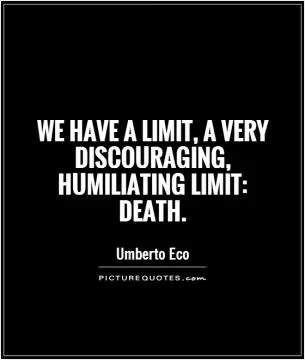

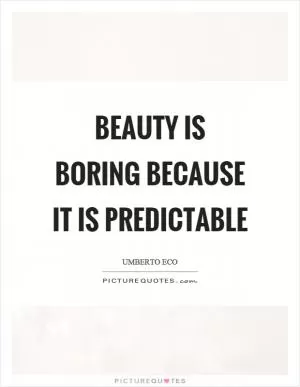
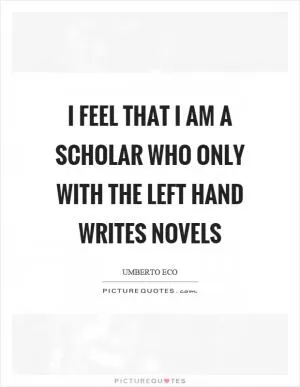

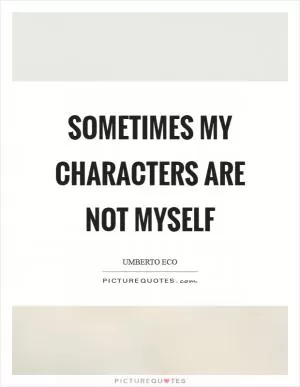


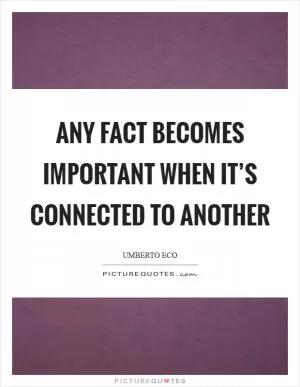
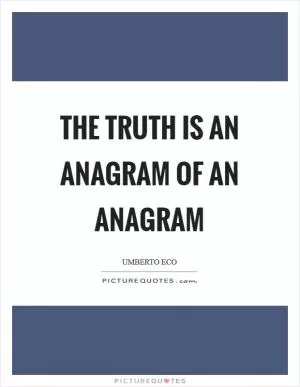
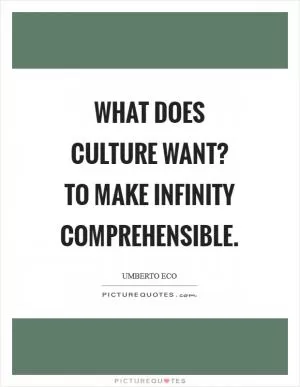
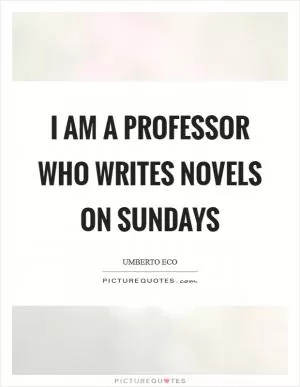
 Friendship Quotes
Friendship Quotes Love Quotes
Love Quotes Life Quotes
Life Quotes Funny Quotes
Funny Quotes Motivational Quotes
Motivational Quotes Inspirational Quotes
Inspirational Quotes